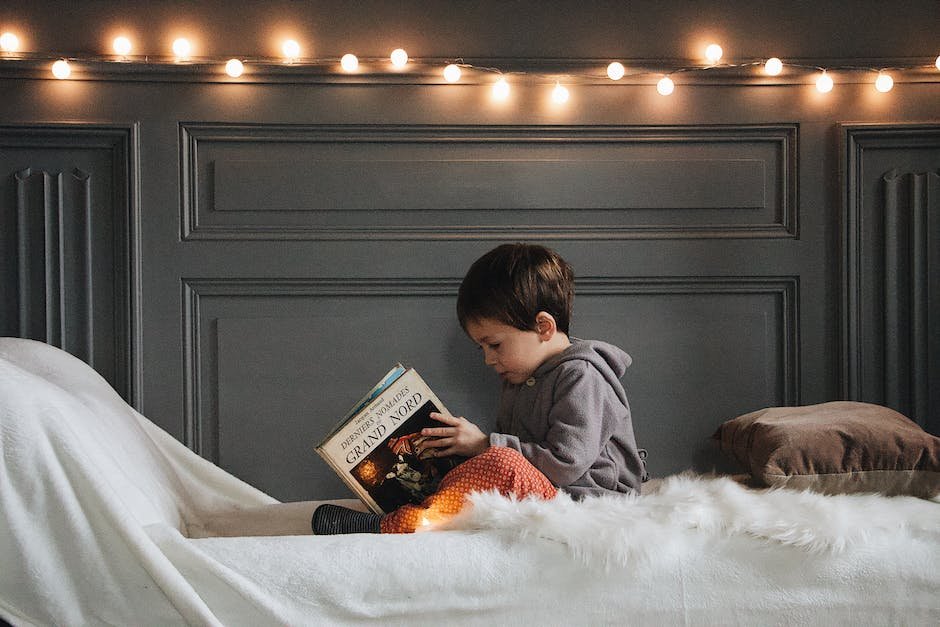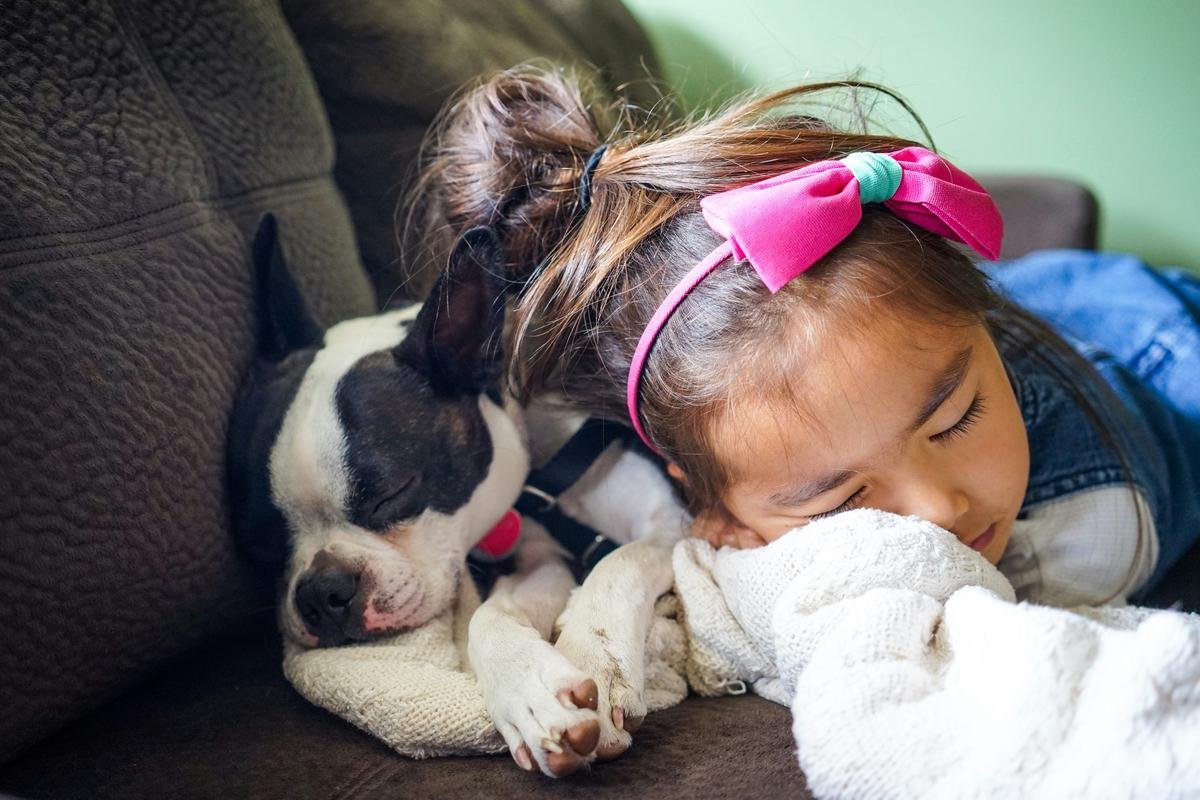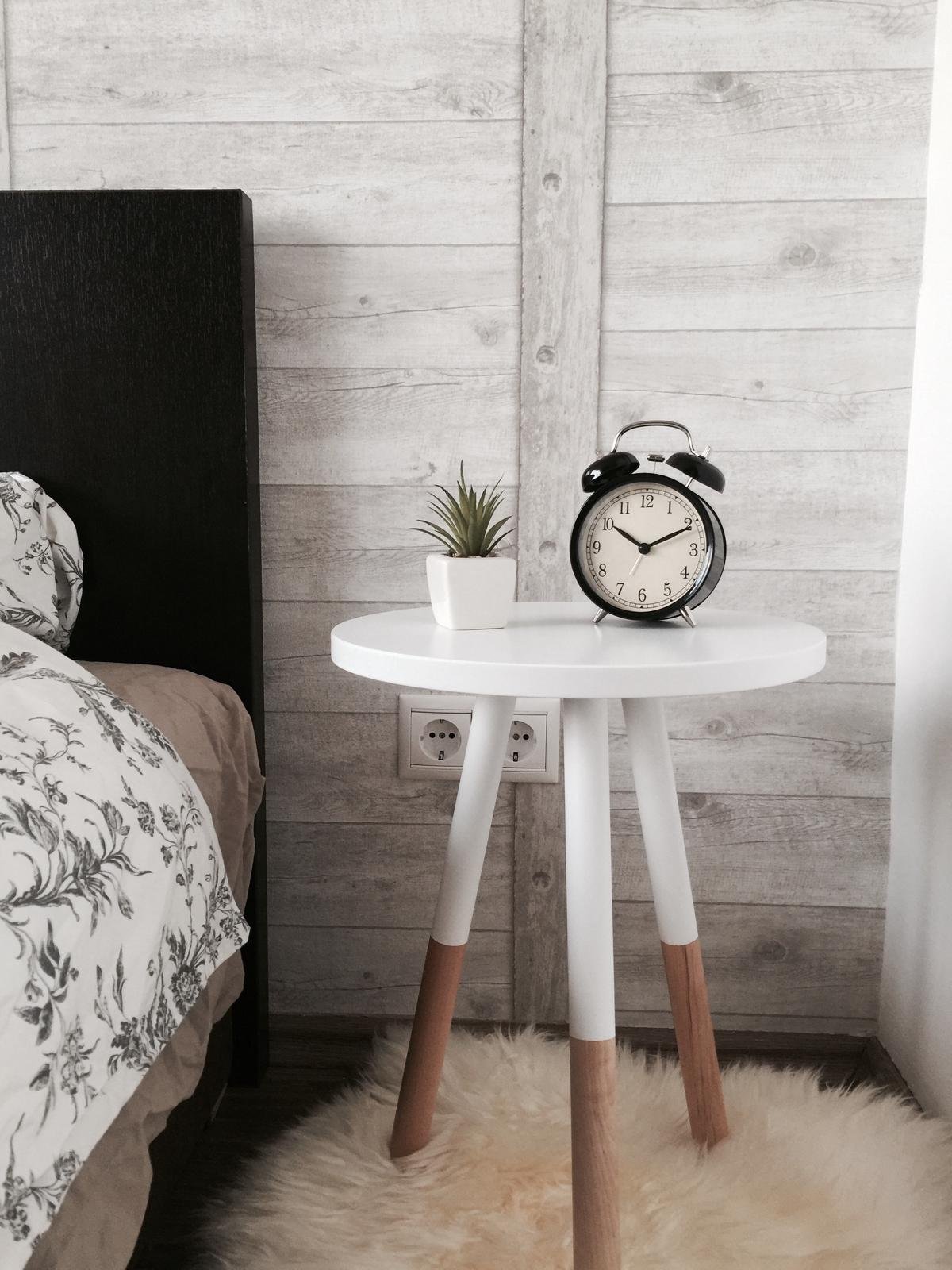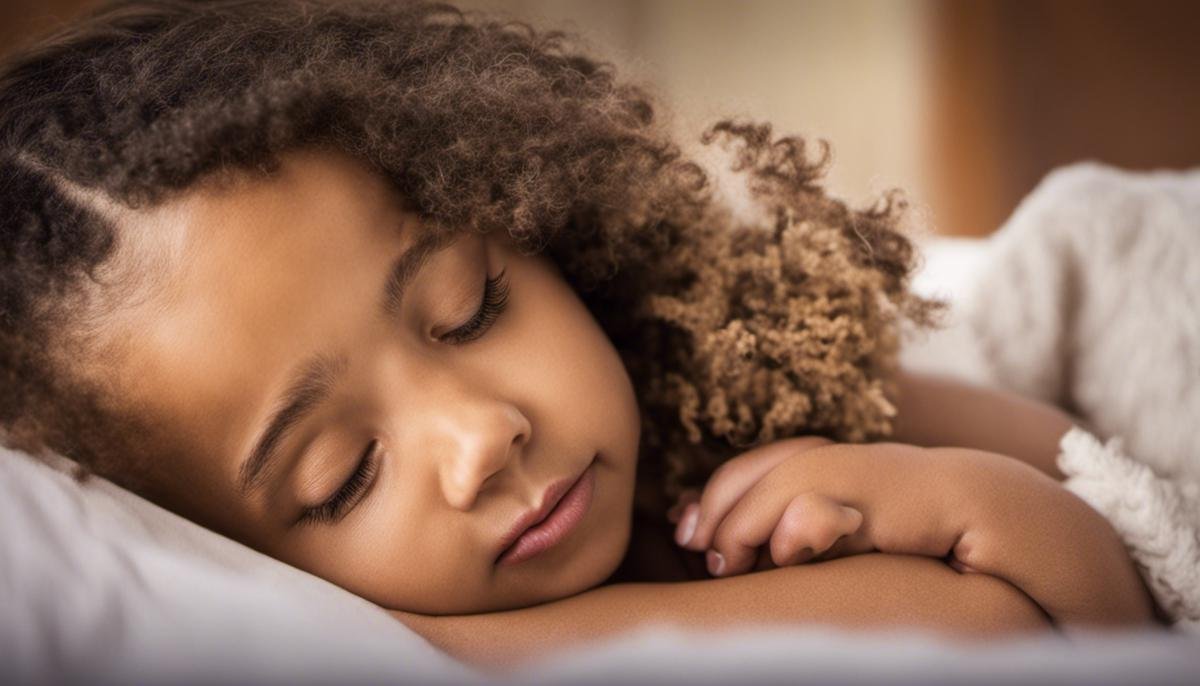
Recognizing and addressing sleep challenges in children with autism is a critical step towards improving their overall well-being and their family’s quality of life. Children with autism often face unique issues related to sleep, such as trouble establishing consistent sleep routines or falling asleep, and frequent night waking. Understanding these patterns creates a foundational knowledge that informs the management strategies required for bettering their sleep. Moreover, this understanding facilitates an appreciation for the importance of sleep hygiene. Implementing practices such as creating a soothing sleep environment, minimizing screen time, and establishing regular sleep-wake cycles can notably influence a child’s sleep quality. Additionally, nature offers a palette of remedies and relaxation techniques that are scientifically backed and can enhance sleep quality. These are simple to incorporate into daily routines and cover a range of options from herbs and essential oils to mindfulness techniques.
Understanding Sleep Problems in Children with Autism
Every parent knows that a good night’s sleep is crucial for a child’s health and development. And if you’re raising a child with autism, the importance of addressing sleep challenges becomes even more substantial. The truth is, many children on the autism spectrum experience sleep issues. In fact, researchers estimate that between 40% and 80% of children with autism have difficulty sleeping. Understanding these challenges is the first step towards managing them effectively, improving the quality of life not just for the child but for the whole family.
Autism spectrum disorders, or ASDs, are developmental disorders that affect how a person behaves, interacts with others, communicates, and learns. While the symptoms, severity, and manifestations of ASD can vary widely from child to child, sleep challenges are a common thread that often runs parallel with this diagnosis.
So, what are the most common sleep challenges that children with autism might confront? Troubles with falling asleep, staying asleep, irregular sleep routines, and sleep anxiety are the big offenders we’ll delve into.
Firstly, the problem of falling asleep and staying asleep is a common struggle. Many children with autism may take longer to fall asleep and may wake up more frequently during the night. This sleep fragmentation often results in day-time sleepiness and can exacerbate some autism-associated behaviors such as hyperactivity, aggression, or a reduced ability to concentrate.
An irregular sleep-wake cycle is another concern that autistic children may grapple with. Some may be prone to delayed sleep phase syndrome, a disorder where one’s sleep cycle is delayed by two hours, or more, beyond the socially acceptable or conventional bedtime. This delay in falling asleep can cause difficulty in waking up bitarish in the morning and can contribute to functional impairments during the day.
Thirdly, the phenomenon of sleep anxiety is also prevalent among children with autism. Bedtime routines can be overwhelming for these children, leading to what professionals term as sleep onset association disorder. This disorder occurs when children associate sleep with certain conditions or rituals that become a necessary part of their bedtime routine. Without these, sleep can feel unattainable and can cause significant anxiety.
So where can parents start when looking to address these issues? Firstly, well-consistent sleep hygiene practices are paramount. Implementing a regular sleep schedule, creating a comfortable sleep environment, and establishing calming bedtime rituals can help significantly. For more persistent sleep issues, consulting with healthcare professionals who can contribute strategies or offer medical interventions might be necessary.
Remember, while these challenges may seem overwhelming at times, there’s a wealth of resources and developments in the understanding of autism and sleep. All of this is equipping parents and caregivers with more tools than ever before to support their child’s journey towards better sleep. Restful nights for the whole family might be closer than you think!

The Importance of Sleep Hygiene for Children with Autism
While we’ve already touched on the topic of maintaining a sleep schedule and carving out relaxing bedtime rituals for kids with autism, it’s also vital to discuss some additional strategies that can definitely turn the tables around when it comes to solving sleep issues. Remember, every small change counts when working toward the same primary goal – improving your child’s sleep quality.
Ensuring good sleep hygiene is crucial for kids on the spectrum. Simply put, sleep hygiene refers to the set of habits and practices that are conducive to regular, quality sleep. Think of it as personal grooming – but for one’s sleep schedule. Good sleep hygiene can help reset a child’s internal biological clock, leading to a more regular sleep-wake pattern.
One of the most effective sleep hygiene practices is to keep a consistent sleep schedule – going to bed and waking up at similar times every day. It may seem tough at first and like a lot of change to put into practice, but with patience and perseverance, a consistent schedule can often lead to improved sleep in the long-term.
Dealing with electronic devices is equally important. Numerous studies have shown that the blue light emitted by screens can disrupt the body’s natural sleep-wake cycle. As a rule of thumb, switch off all electronic devices at least an hour before bedtime. This includes television, computers, tablets, and yes, even those educational mobile games.
Consider also making the last hour before bedtime a quiet time, filled with calming activities that aid in sleep initiation. Storytelling, reading books, or listening to soft music can help greatly. Also, remember to keep the sleeping environment as quiet and dark as possible to prevent any disruptions.
Nutrition too plays a significant role in sleep patterns. Limiting the intake of caffeine and sugary foods during the evening can significantly improve your child’s ability to fall asleep. Go for wellness-promoting foods that help produce melatonin, like cherries, milk, and nuts, instead.
Of course, it’s crucial to consult with your child’s healthcare provider before making any major changes to your child’s sleep regime or diet. Every child is unique and something that works for one might not necessarily work for another.
Finally, remember that your love, patience, and persistence can work wonders. Sleep isn’t something that improves overnight, but careful planning and consistent effort can help create an environment that promotes healthy, restful sleep for your autism spectrum child. After all, a good night’s sleep is invaluable for the development and well-being of every child, autistic or not.

Photo by vorosbenisop on Unsplash
Natural Remedies and Techniques for Better Sleep
Delving deeper into achieving restful sleep for children with autism, it’s essential to explore some natural remedies. You don’t have to go down this path alone – the whole family can join in and embrace these gentle strategies, making bedtime a more peaceful process for everyone.
One of these measures involves an awareness of diet. Some foods and beverages can greatly influence the quality of sleep. Inclusion of tryptophan-rich foods, such as turkey, eggs, cheese, nuts, and tofu, aids in the production of serotonin and melatonin, promoting sleep. Don’t forget the importance of hydration, but remember to monitor water intake to prevent nighttime bathroom trips, which may disrupt sleep. Always consult with a dietitian or healthcare provider when considering dietary changes for children with autism.
Further, consider embracing the use of essential oils to promote relaxation. Lavender is a popular option, known for its calming properties. Chamomile and ylang-ylang are other possibilities. These can be infused in the bedroom or added to a warm bath as part of the bedtime routine. However, be mindful of potential sensitivities and seek professional advice if uncertain.
Fostering mindfulness, given its calming effects, can pay dividends in terms of sleep quality. Age-appropriate yoga, simple breathwork, or guided meditations can help prepare a child for bed. Just be sure to find a balance that suits your child’s needs and preferences – remember, relaxation should never be forced.
Beyond this, don’t underestimate the power of touch. Massages, using gentle pressure, can help relax muscles and ease anxiety. On the other hand, weighted blankets, popular among children with autism, provide the feeling of a comforting hug, encouraging restful sleep.
And finally, as with all things parenting, this journey requires an ample heap of love, patience, and persistence. Understand that success doesn’t usually come overnight. Progress may be slow, but it’s progress nonetheless. Celebrate the small wins and show continual understanding and support to the little one navigating their way in the world of sleep.
Don’t forget to consult with healthcare professionals, such as pediatricians, occupational therapists, or sleep specialists, before introducing any new remedies or changing existing routines. With time, and the right approach, improved sleep can undoubtedly contribute towards an enriched quality of life for both children with autism and their families. Stay hopeful, stayed informed, and keep creating that restful sleep environment that every child deserves.

The journey towards improving sleep in children with autism necessitates knowledge, patience, and a proactive approach. Understanding the unique sleep challenges these children undergo and the significance of maintaining good sleep hygiene forms part of the bedrock of effective strategies. Moreover, experimenting with natural remedies and relaxation techniques can help personalize a child’s sleep routine to best suit their needs. From transforming the bedroom into a serene sanctuary to enlightening storytelling sessions, there are endless possibilities. Highlighting scientifically-backed natural aids also ensures that these methods are not only easy to implement but also have a constructive impact. In a world where autism and sleep challenges often come hand in hand, understanding, adhering to good sleep practices, and using natural remedies, mark the route to a better night’s sleep for these children and their families.




